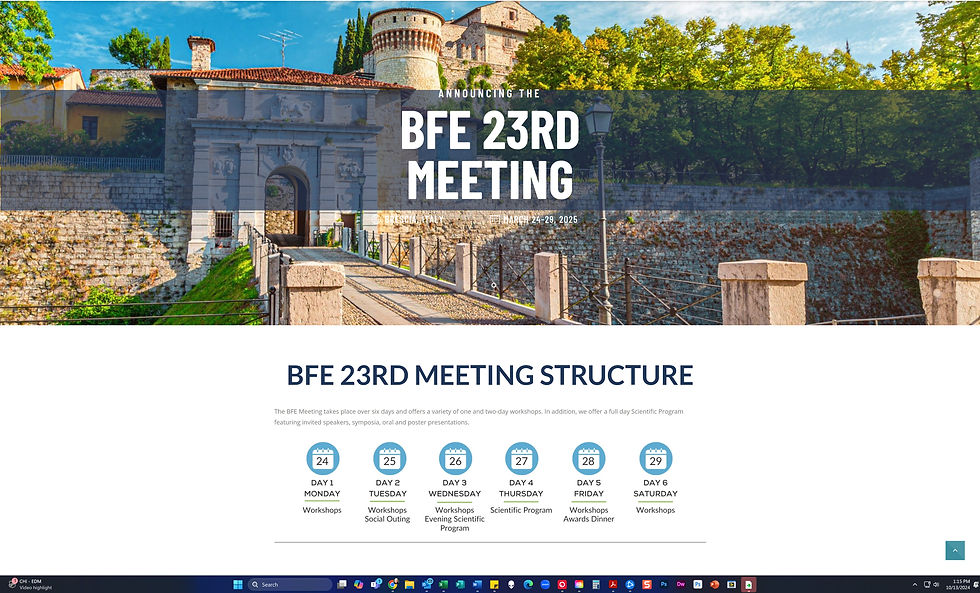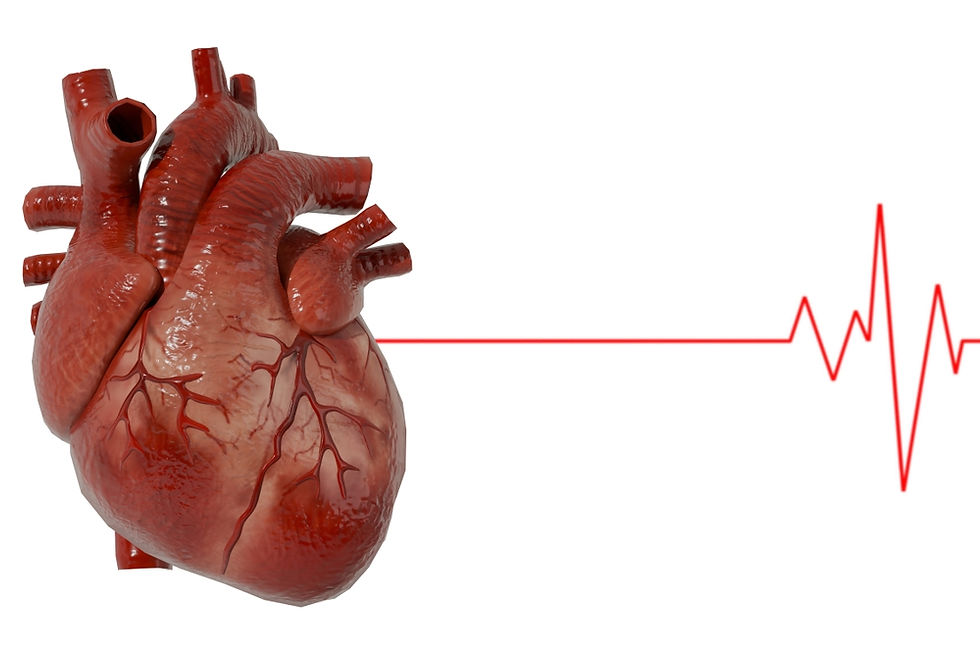5-Min Science: Do Longer Exhalations Increase HRV During Slow-Paced Breathing?
- BioSource Faculty
- Dec 22, 2024
- 3 min read
Updated: Dec 25, 2024

Listen to a brisk discussion of the Applied Psychophysiology and Biofeedback article "Do Longer Exhalations Increase HRV During Slow-Paced Breathing?"created using Google Illuminate.
"Do Longer Exhalations Increase HRV During Slow-Paced Breathing?" Transcript
Host: Ever wonder if the way you breathe impacts your heart's rhythm? This paper dives into slow breathing and heart rate variability.
Guest: It's fascinating! Turns out, even subtle changes in your breathing pattern might make a difference.
Host: Like, longer exhales versus equal inhales and exhales?
Guest: Exactly! The research explores whether a longer exhale boosts heart rate variability.
Host: And the results? Are we talking a major breakthrough or a bit of a bust? So, this whole area of research seems tricky. What were some of the big hurdles these scientists ran into?
Guest: Getting people to actually breathe the way they were told! It's harder than it sounds. They had to make sure participants stuck to the target breathing rate and the inhale-exhale ratio.
Host: Right. And if they didn't, that messes up the whole experiment, right?
Guest: Totally. It's like trying to bake a cake with the wrong ingredients – you're not going to get the expected result. Plus, they had to account for the fact that breathing rate itself affects heart rate variability.
Host: So, what did previous studies say about this inhale-exhale ratio thing? Was there a consensus?
Guest: Nope, a total mess! Some found no difference, others favored longer exhales, and a few even found longer inhales were better. A real mixed bag.
Host: Sounds like a recipe for confusion. What were some of the problems with those earlier studies?
Guest: Many lacked proper controls. They didn't always check if participants were actually following instructions, leading to unreliable results. Some also had small sample sizes, which can skew the data.
Host: So, how did this new study try to fix those problems?
Guest: They did two experiments – one to test their idea and a second to replicate the findings. They used better methods to ensure participants followed instructions, and they used a larger sample size.
Host: Smart! What kind of equipment did they use?
Guest: Standard stuff for this kind of research: ECG to measure heart rate and a respirometer to track breathing. They also used visual cues to help participants maintain the correct breathing pattern.
Host: And the big reveal? Did longer exhales win?
Guest: Nope. Both studies found no significant difference in heart rate variability between a 1:1 and a 1:2 inhale-exhale ratio when breathing at 6 breaths per minute.
Host: So, the length of the exhale didn't seem to matter?
Guest: Not in this study, no. They looked at various measures of heart rate variability, and none showed a difference.
Host: That's interesting. So what does that mean for people who use slow breathing techniques for stress reduction or other health benefits?
Guest: It suggests that focusing on a consistent breathing rate within the optimal range might be more important than the exact inhale-exhale ratio. A 1:1 ratio is simpler and might be just as effective.
Host: So, simplicity might be key? Guest: It seems so, at least based on this research. Of course, more research is always needed.
Host: Any limitations to this study we should be aware of?
Guest: They used only undergraduate students, so the results might not apply to other populations. They also only tested two ratios, and they didn't personalize the breathing rate to each individual's resonance frequency.
Host: Good points. What would you like to see in future studies?
Guest: More diverse participants, a wider range of inhale-exhale ratios, and personalized breathing rates based on individual resonance frequencies. Also, better ways to measure how well participants follow instructions.
Host: So, what's the takeaway for clinicians who use slow breathing techniques in their practice?
Guest: They might simplify things by using a 1:1 ratio, unless a client prefers otherwise. The focus should be on consistent, slow breathing within the optimal range.
Host: Makes sense. Keep it simple, but effective. So, in a nutshell, this study suggests that while slow breathing is beneficial, the exact inhale-exhale ratio might not be as crucial as previously thought.
Guest: Exactly. Consistent, slow breathing within the optimal range seems to be the key.
Host: That was a great discussion! Thanks for sharing your insights.
Open-Access Article
Meehan, Z. M., Shaffer, F. (2024). Do longer exhalations increase HRV during slow-paced breathing? Appl Psychophysiol Biofeedback, 49, 407–417. https://doi.org/10.1007/s10484-024-09637-2
Support Our Friends







Comments